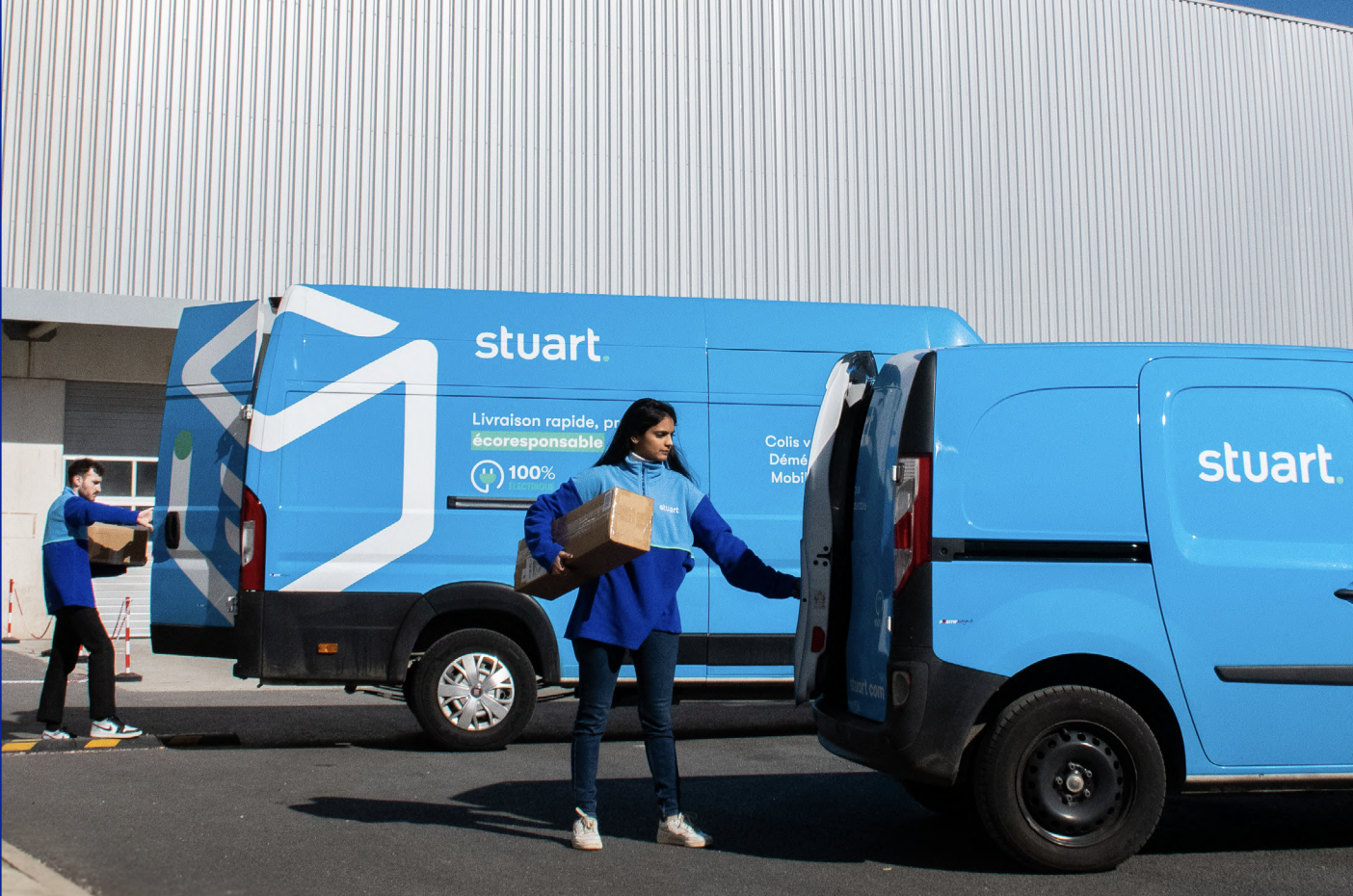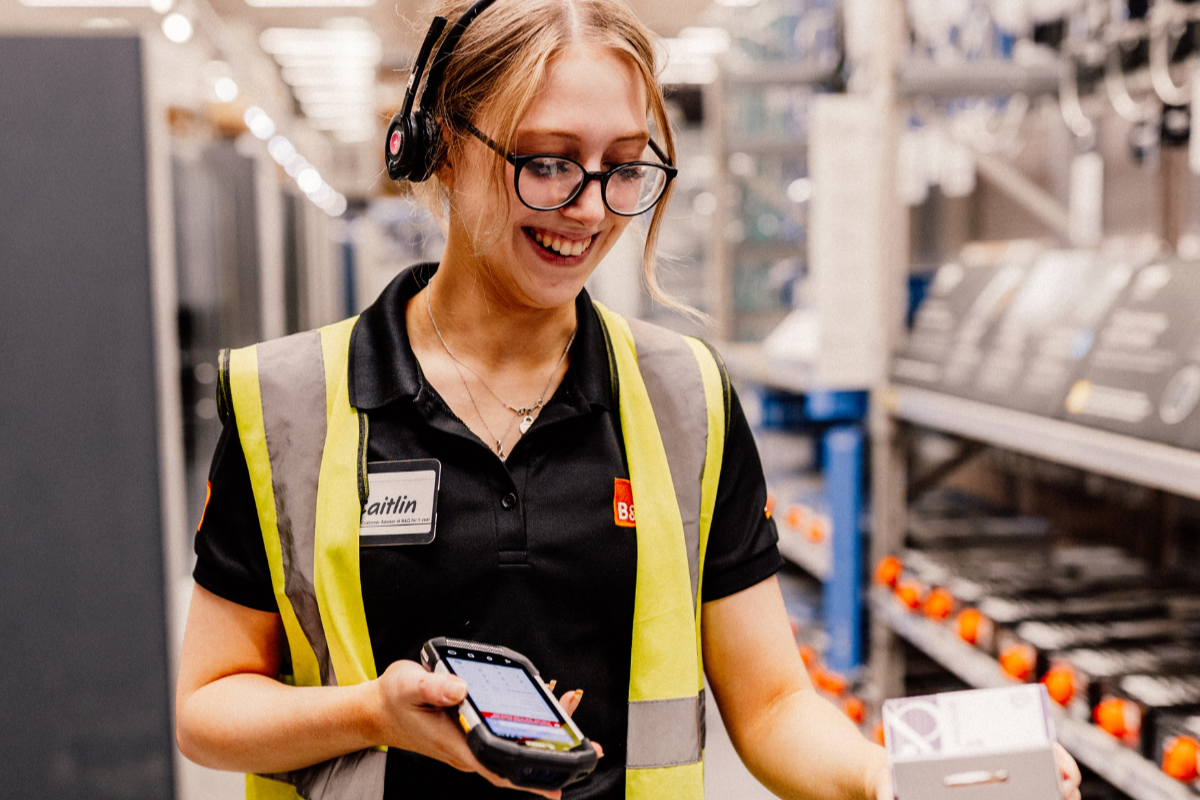Sponsored Post: Part of our Vendor’s Voice series to present and promote selected partners’ activities.
HOW BIG AN OPPORTUNITY IS PEAK 2017?
The Christmas period is a huge opportunity for retailers and there’s nothing to suggest this year’s peak season will be any less so. In fact, the amount spent online is generally 5% higher than predictions and with online growth at 16% it gets bigger every year.
Predictions for 2017 are already suggesting that shoppers in the UK will do the majority of their Christmas shopping in November when £20bn will be spent online. What used to be Black Friday and Cyber Monday will transform into a Black Friday week as retailers try to spread out the impact of the event on their sales and fulfilment networks. A staggering £7bn is expected to be spent online during Black Friday week this year.
WHAT ARE THE CHALLENGES FOR RETAILERS AROUND PEAK?
Peak season continues to move away from desktop devices to mobile with mobile accounting for 80% of the traffic. Rather than people sitting at home and doing their Christmas shopping on a desktop or tablet device, between 60% and 70% of traffic to retail sites is from smartphones.
This mobility is also driving click and collect which has seen 100% growth in the past 2 years as people want the certainty of items being available when they get to a store or the ease of being able to collect them on their way home.
The experience that retailers are giving to customers using mobile devices is going to be key, especially during peak times. A lot of retailers have included mobile as part of their ecommerce experience, supporting it primarily through cloud-based services which could be impacted by the levels of traffic seen at peak. Retailers need to think about what is critically required for a great customer experience, so that what a customer sees and does on their mobile device is as quick and easy as possible.
Predicting the amount of traffic is another key challenge for retailers. A combination of analytics and the large amount of data which retailers hold can lead to a certain level of surety for the following year. However, it’s very easy to become overwhelmed in the minutiae of data when analysing such large amounts rather than stepping back and looking holistically at the bigger picture. Analytics is great but sifting through the large amount of data that’s available and trying to extrapolate a pattern for 2017 is difficult.
Retails need to understand their ecommerce systems and their architecture, to work with their systems integrator on what they are trying to achieve and understand where bottlenecks could arise. These may not be noticeable in normal day-to-day trading but a millisecond delay in sending information to the back-end fulfilment system, for example, will be magnified exponentially when traffic volumes increase significantly.
There are other none technology areas that need to be considered too such as the increase in temporary staff to support the growth in sales. Questions such as how they use systems and whether training is in place to assist them to quickly become effective and not slow down processes need to be addressed.
WHAT LESSONS CAN BE DRAWN FROM PEAK 2016?
Peak season in 2016 showed that retailers have to focus on the data and trends, what it’s showing them without it overwhelming them. Some PFS customers, for example, found the weight of data in certain areas of database tables were impacting on systems performance. This is just one area that doesn’t show up until peak volumes start, even if performance tests and dry runs take place in an effort to mitigate such issues. Therefore, integrations and third party systems need to be looked at closely. The more users, the more rules, the more calculations and checks, the slower the systems will be. If something isn’t necessary at peak, consider turning it off.
Many lessons were learnt from fulfilment last year too with improvements made to the supply chain and despatch chain as well as the experience of getting click and collect orders into stores. Retailers need to ensure that the fulfilment process is in place to be able to fulfil the customer experience as well as actually delivering the parcel. This extends to communication so that the customer is kept informed right the way through the process from order to delivery and, if required, into the return and refund process.
If a retailer isn’t delivering on their promises, promised timescales and they do not communicate with the customer throughout the fulfilment process they will simply go somewhere else. The communication deepens the relationship, if a retailer keeps to their word and is transparent should any issues arise, the customer will return rather than shopping elsewhere.
Any information that can be gathered from the peak season can be fed back into the different areas of the business and learnt from.
WHAT IS INVOLVED IN PLANNING FOR PEAK?
Preparation for peak season is key and retailers cannot start early enough. Once the sales, returns and feedback from the previous year have been collated and analysed, the plans for the following year can be put in place.
Information to be collated includes footfall as well as bottlenecks online. Why did the bottlenecks occur? Was the problem technical, memory or infrastructure or something more fundamental such as custom code – or something that would normally be a good experience for customers being detrimental to the overall website experience?
Retailers need to consider traffic profiles as well and how they cater for the perceived growth this year. Is the team ready? The commerce support team, the stores team, IT partner, hosting partner and commerce partner? Have they been notified of marketing ahead of time so they know about TV advertisements and when messaging will drive people to the website? Keeping everyone in the loop is vital.
The ability to scale across the whole business – technology, people and processes. All these need to be working in harmony.
WHAT AND WHEN SHOULD RETAILERS LOCK DOWN PLANS
Lock down time is close to peak season with many aiming for the end of August so there’s time for systems and partners to prepare. By September, most retailers are ready but plans start in January with full momentum by May or June and lock down by the end of the summer or early September. It’s very rare now for retailers to not be fully ready by October.
Processes, people and marketing plans all need to be locked down including ramp up plans for staff and the distribution chain. Partners need to be kept aware of expectations such as increased deliveries and options for the customer need to be decided upon; do delivery options need to be reduced, for example, such as no longer promising same-day delivery before 12 rather than standard next day delivery?
HOW DO YOU BUILD IN FLEXIBILITY AND AGILITY INTO THE PLAN AND IS IT POSSIBLE?
Customers never act exactly as expected so a certain amount of flexibility has to be built into the plans. With so many people in the process, both within the business and externally, it comes down to relationships. How is a retailer’s relationship with their SI and hosting partner? These relationships are key to having flexibility in the plans. If the relationship is there then the flexibility and capability to help is greatly increased.
PFS IN BRIEF
Date launched: Established in the US in 1994. Launched in Europe in 1999 and the UK in 2014.
Global reach: PFS has a global reach working from 15 locations in the US, Europe and India.
Turnover: $334.6m (£259m) in FY2016.
Customers: Over 170 world-class brands including P&G, Diageo, L’Oréal and Pandora.
Employees: ~2,600
Partners: PFS is a solution-agnostic provider working globally with the leading enterprise platforms including Salesforce Commerce Cloud, Salesforce Marketing Cloud, SAP, Magento, IBM and Oracle ATG. In the UK market, the company also partners with Qubit, Amplience, Monetate, Tealium, Adyen, InRiver, Bazaarvoice, Rackspace and Mirakl.
Contact: For further information contact PFS at marketing-europe@pfsweb.com, www.pfsweb.com or telephone 020 3475 4000.






